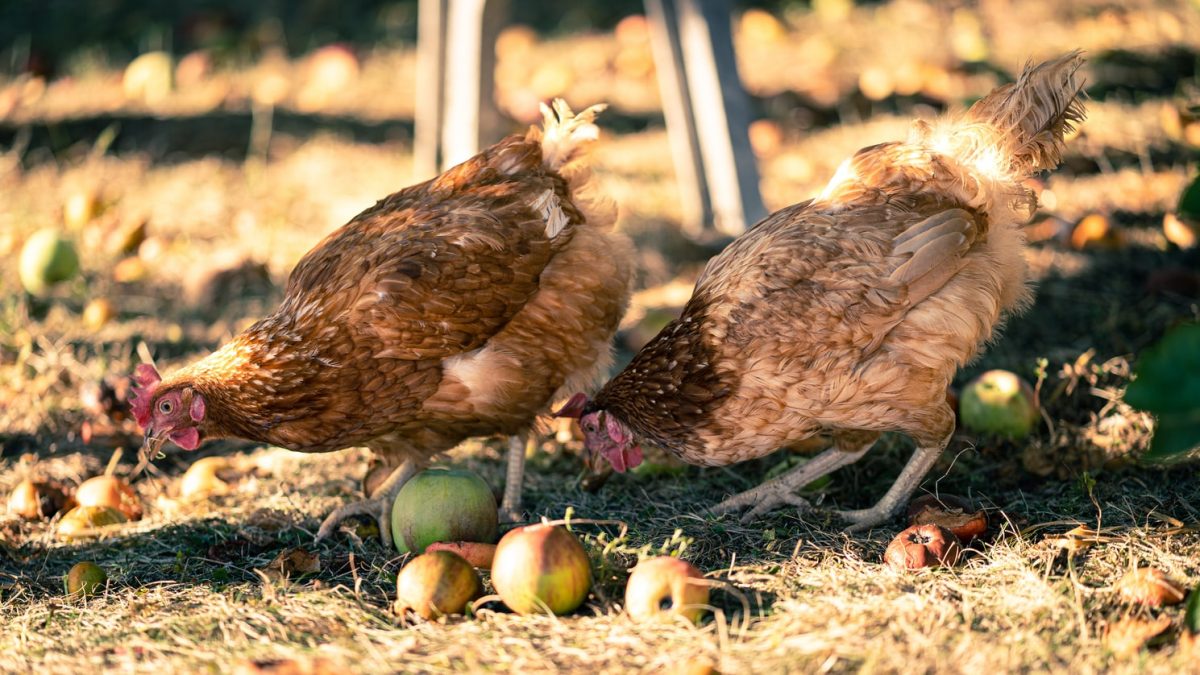With an increase in poultry as pets, we look at how to stop feathers being ruffled!
Hens have been kept for centuries by people for meat and their eggs. Happily however, there has been an increase in having poultry (mainly chickens, ducks and geese) purely as pets. Hens are probably the most popular birds for folks to ‘branch’ out with as starter poultry and they have their own specific needs to consider. These requirements are essential for their health and well being and, like all other animals, we urge potential owners to do a lot of research before buying or adopting birds.
Chickens are, on some farms, sadly still kept in small, cramped cages. When you see how much they range when they have space, this makes their confinement even more distressing. They are naturally inquisitive and have several behaviours they need to express to assure good physical and mental health. Hens LOVE to talk, they a vocalise in lots of different ways, sometimes through frustration or fear but generally in social situations with their flock. That in itself is important, a lone hen is an unhappy hen as these birds like to groom each other and preen. Part of their ablutions is having a dust bath. Dustbathing helps keep their skin and feathers healthy but also gets rid of parasites. We mentioned earlier hens are inquisitive and love to explore. If they have no boundary you could be searching for quite a while, perhaps finding your missing chook perched in a tree, another natural behaviour! Boundary fencing needs to be high, well maintained and checked regularly so as to keep your pets safe.
When it comes to food, free ranging hens will nibble at almost anything, Branch Deputy Donna recollects seeing a rather head strong chicken gollop down a mouse the bird had cornered! Like a lot of other avian species, hens need insoluble grit to aid their digestion. They also need access to fresh clean drinking water. As well as making outside as secure as possible, their ‘hen house’ need to be safe too. It should be kept clean, be warm and well ventilated. There should be plenty space for each hen to spread their wings, perch and also nest in specific nest boxes. Another element to consider is making sure predators or opportunistic rodents can’t get in. A fox will happily take a chicken if they get the chance and rats and mice will relish any grain that’s available.
If you love an immaculate lawn and don’t have space to cordon off for potential pet chooks, hens may not be the best choice. They love to scrat the ground, dig and find tasty insects and grubs. As well as having somewhere cosy to hunker down at night, or during the day, your birds will need shelter from the sun too.
Finally, like all pets, your hens will need veterinary care. They need worming and also checking for other parasites regularly. Any signs of illness eg lethargy, hiding etc you should seek your vet’s advice. For lots more advice, please visit RSPCA England and Wales.

